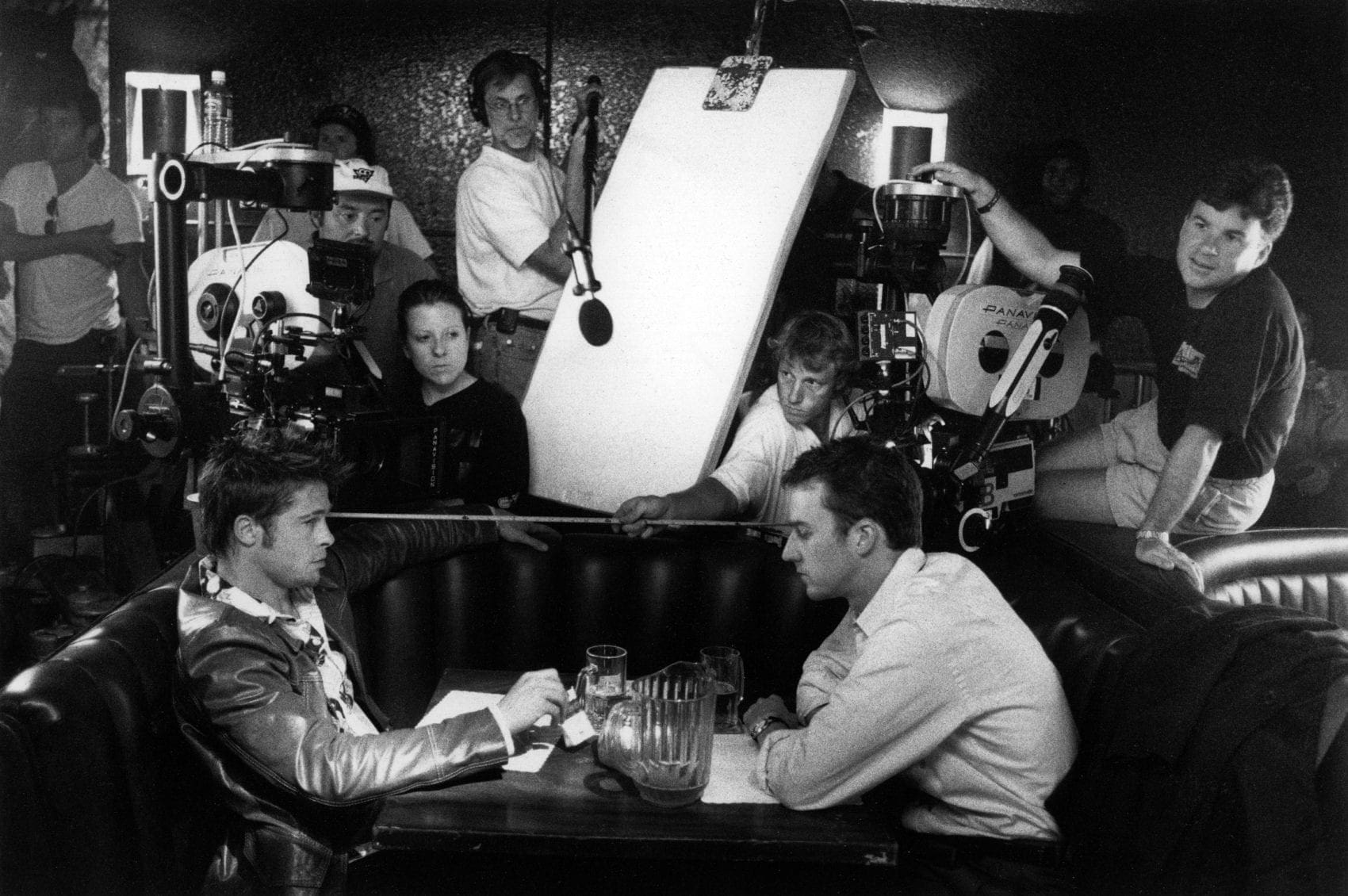Have you ever met someone for the first time and you had a bad feeling about them? You couldn’t quite put your finger on it but something about them was… off?
Someone may have asked you what you thought about them and your response was an unenthusiastic, “Fine, I guess?”
If one were to ask you what specifically threw you off, you may not have been able to pinpoint what it was. It was just an overall feeling. Or, if you could recall the 10 or 20 tiny, minuscule snapshots that stuck out, I bet you would feel silly bringing them up.
I held an interview last week for one of my businesses. One of the interviewees entered the front door and I subconsciously took minuscule mental snapshots of our experience:
- Her hair was a wreck
- Her makeup was poorly done
- She wore a tanktop
- I could see her bra straps
- Her bra straps were made of lace
- She was slouching
- She held her giant keychain in her hands for the entire interview
- Her boyfriend came inside the front door saying he was waiting outside
- During the interruption, they spoke about a non-related issue between them
- She couldn’t find the key to their other car
- She didn’t want to “mess with” the guy who has the key
- She mentioned other drama in her neighborhood
- Her application had multiple misspelled words
- She had many jobs in a short period of time
- She appeared very unenthusiastic about the opportunity
Did I hire her? Absolutely not.
Was it because her hair was messy? No.
Was it because her makeup was poorly done? No.
Was it because she wore an inappropriate tank top to an interview? No.
See, in the 10 minutes I spent with her, I subconsciously noted about 15 negative micro-experiences that culminated to an overall impression.
You can think of micro-experiences as a score. If there are 100 questions and you get 2 wrong, you still get an A. If this person was an incredible applicant in every way, but she was slouching, would I have given her the job? Of course!
This is how micro-experiences work in your business. Your customers are subconsciously “scoring” their experience with positive, neutral, and negative snapshots. Their overall score, or impression, will result in them either becoming a loyal fan for life, giving you another shot to get a more accurate mental score, or blacklisting you to everyone they know.
In the same way my interview went, a couple of negative micro-experiences aren’t going to provoke them to leave a bad review, but 10? 15? You bet.
And more than likely, they aren’t going to verbalize those micro-experiences to the waiter, the owner, their friends, or even a review site. They’ll simply say, “We didn’t have a good experience there. Won’t go back.”
Why? Because micro-experiences are called MICRO-experiences for a reason. They’re seemingly insignificant!
How dumb would you feel if you went to the manager and said, “I won’t be coming back here because my plate was slightly too cold for my hot dish, the bartender didn’t put a napkin under my drink, and there was a paper towel on the floor in the bathroom.”
In this way, micro-experiences are the most dangerous shortcomings your restaurant can have because customers won’t talk about it, and you can’t make it better because you don’t realize it’s killing your business.
If customers are speaking to the owner or cook, they’re not going to speak up because they’re generally kind and don’t want to hurt your feelings. If they’re speaking to the waiter or manager, they don’t want to embarrass the others at the table or come off as a jerk. Nobody wants that awkward experience, so they’ll kindly say, “It was fine” and never return.
Owners, managers, waiters, and cooks, can you blame them, though? The last time I sent my drink back was at a pizza place and I was interrogated by the manager about why I didn’t like it. He attempted to make me feel stupid about my taste in beer, questioned my history with beer, and was standoff-ish during the entire meal. If you expect honest feedback, you’ve got to make it comfortable for guests to be honest.
The reality is that even if you make it comfortable for them, they still won’t share it. Let’s work together to erase those potentially negative feedback opportunities so they’ve got nothing to say but “Bravo!”
Let us know when you’re ready for us to come in and assess your business. It’s the first step in steering your business to absolute financial and cultural success.




